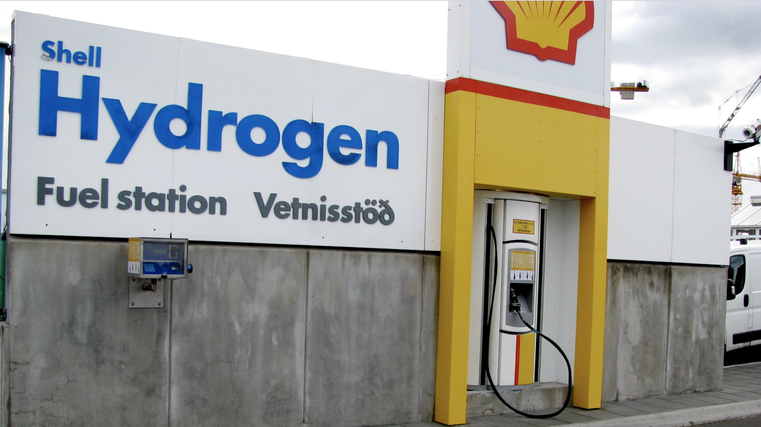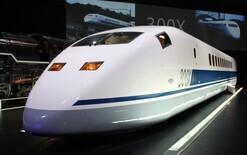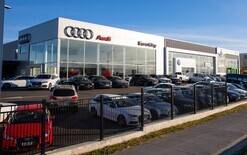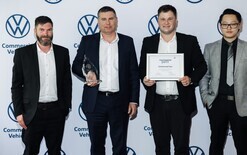Energy experts meet in Rotorua

Global leaders in hydrogen technology will gather in Rotorua later this month to discuss hydrogen as a fuel source for the future.
The International Energy Agency Hydrogen Technology Collaboration Programme (IEA Hydrogen TCP) will hold the first of its biannual Executive Committee meetings from February 19 to 21 in Rotorua.
The free public IEA Hydrogen Forum will be held on February 20 where members and experts will discuss hydrogen development along with the impact it could have in New Zealand, with applications in transport, industry, and energy systems.
Mark Pickup, the principal policy advisor at the Ministry of Business Innovation and Enterprise (MBIE), welcomes the opportunity to host the IEA Hydrogen Executive Committee.
“The ministry's view is that hydrogen has the potential to play an important role in replacing fossil fuels and reducing greenhouse gas emissions in domestic transport and industry," says Pickup.
"New Zealand has an abundance of renewable electricity so there is also the potential to develop an export industry for renewable hydrogen, which is generated without any greenhouse gas emissions.”
Unitec associate professor of engineering, Dr Jonathan Leaver is MBIE’s representative on the Executive Committee and one of two elected IEA Hydrogen Vice-Chairs says New Zealand stands to benefit from adopting hydrogen technologies.
“Hydrogen will have an important role in the transport sector alongside battery electric vehicles (BEVs)," says Leaver. "Hydrogen-powered cars, trucks and trains are actually electric vehicles operating on hydrogen fuel cell technology instead of batteries."
"Fuel cells have no moving parts and convert hydrogen stored in a fuel tank into electricity and pure water. Fuel cell electric vehicles (FCEVs) have driving ranges and refuelling times similar to gasoline and diesel vehicles.”
Leaver says globally, the market development for hydrogen vehicles is around eight to 10 years behind that of BEVs, although FCEV cars are available overseas from car makers, such as Toyota, Hyundai, and Honda.
Ports of Auckland announced in December it would build the first hydrogen fuel production plant this year, with the carbon-free fuel to be used in forklifts, cars, and potentially a bus.





